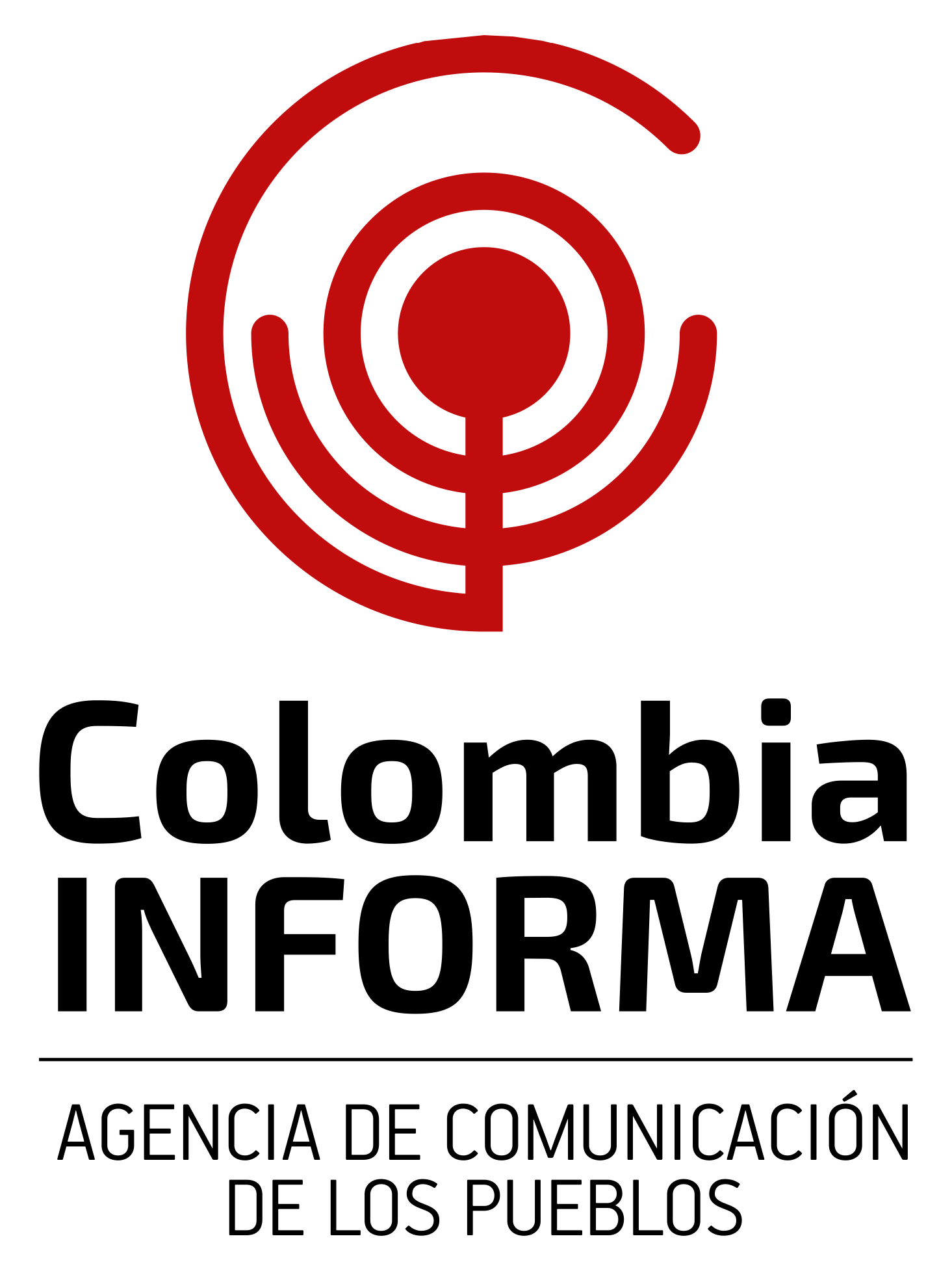"This meeting seeks to promote the recognition of indigenous peoples and the impact of the armed conflict, as well as making their resistance and their contribution to peace and to the care of nature visible" said Alejandra Llano, a member of the Truth Commission's Ethnic Peoples Directorate. The event was held virtually and indigenous peoples of the Pacific coast of Cauca, Nariño, Chocó and Valle participated.
Jesuit priest Francisco De Roux, President of the Truth Commission, explained that "we are united today in this event of such significance, convinced that only by walking together, alongside our indigenous communities and their spiritual and historical traditions, can we build the country that all young people and children in Colombia deserve.
68 indigenous peoples in Colombia are at risk of physical and cultural extermination due to the armed conflict and the exploitation of natural resources in their respective territories.
"It is a life of anxiety within our territory, because you can no longer be free, you can't hunt in the territory because it is forbidden and you can't even walk around when you want to, because they say you can' t go out because they say it has to be with their permission. This war is not ours, this war comes from somewhere else, and our territory is tired of putting up with all the abuse," said Miguel Pertiaga, the legal representative of the Association of Indigenous Cabildos Eperara Siapidara of Nariño (ACIESNA).
In the departments of Chocó and Buenaventura, communities live in fear and constant concern because there is no respect for the indigenous territories, the authorities, the traditional doctors, the guards or the teachers.
One of the leaders of the Wounaan indigenous people in Buenaventura denounced that "they threaten and kill the communities so that there is a massive displacement to the city, so that the territory is left alone and they can operate.” He also said that the armed groups accuse them of being on the side of the army and the army accuse them of supporting the so-called dissidents of the former Revolutionary Armed Forces of Colombia - FARC - or the paramilitaries. "The indigenous and Afro-Colombian people are cornered because the three groups are pointing the finger at us," he said.
According to the national census of the National Administrative Department of Statistics (DANE) conducted in 2018, 68,415 indigenous people live in the 30 municipalities of Chocó. The largest populations are in Alto Baudó, Bajo Baudó, Bagadó and Atrato San Juan. These communities report that since 2000 the armed conflict has intensified, leading to displacement and human rights violations.
Oscar Carupia, leader of the Chidima indigenous community of the Embera Katío people, recounted how he experienced the violence in Chocó: "When I left, my children were crying, the mother of my children had just died, they were orphaned. They really take away all the wealth and tranquillity that one has. I lived my life with dignity here, but I had to leave for a real reason, because here I was on both sides. The army, the paramilitaries and the guerrillas all put pressure on me for reasons I didn't understand so I had to leave. I hope the armed groups understand, I hope the government understands that murdering, displacing, torturing, massacring is not the solution.”
Mining is another problem that has plagued the area. In January 2009, the mining company Muriel Mining Corporation illegally entered Cerro Careperro, a sacred place for the indigenous communities of Chocó and Antioquia. This company violated the right to free, prior and informed consent and arbitrarily entered the territory, exploiting the natural resources.
"The company did not carry out a prior consultation with the grassroots communities as it should have done. A prior consultation is not done in one day, one month, one year. It can take a long time for the communities, the women, the elders, the Jaibanás to understand what will be affected, or what good or bad things it will bring for the communities," stressed one of the members of the Jiguamiandó Indigenous Reservation.
The Indigenous Guard as an alternative to the conflict
Because of the violence and the need to strengthen internal processes, indigenous peoples defend their territory and fight every day for a dignified life where equality and freedom prevail. Among many forms of resistance, the Indigenous Guard is an example of organisation and struggle that allows for the defence of territory and life.
Beatriz Dagua, ex-governor of the Nasa People, explained that "the Indigenous Guard takes care of controlling the territory, they watch over those who enter the territory, good and bad people. The Indigenous Guard are the ones on watch, the caretakers, and they are a legacy. Here, as a community, we say 'we are all guards', because if something happens, it happens to all of us.
Luis Alfredo Campo, Governor of the Nasa People, stressed that the Guard, unlike the armed actors, only has its staff to defend the territory. "Without firing a single shot, they take care of nature, the forests, the water, the land, the families and the houses. The Indigenous Guard is very important in our movement, in our essence of being indigenous.
Similarly, the Governor stressed that the command staff is the emblem of the Guard, "it is something that has represented us from generation to generation, for more than 500 years.
To close this Second Territorial Recognition Meeting, the indigenous peoples of the Pacific sent a message of demand to the armed groups and the National Government: "Respect our territory, respect our people, respect our identity. Let everyone's dignity and freedom be respected".

